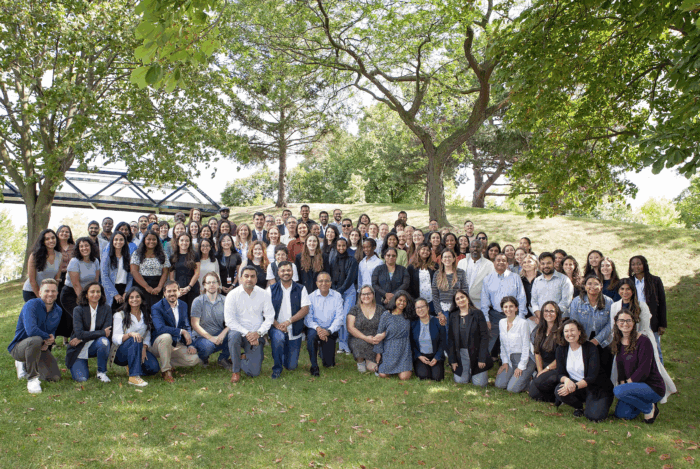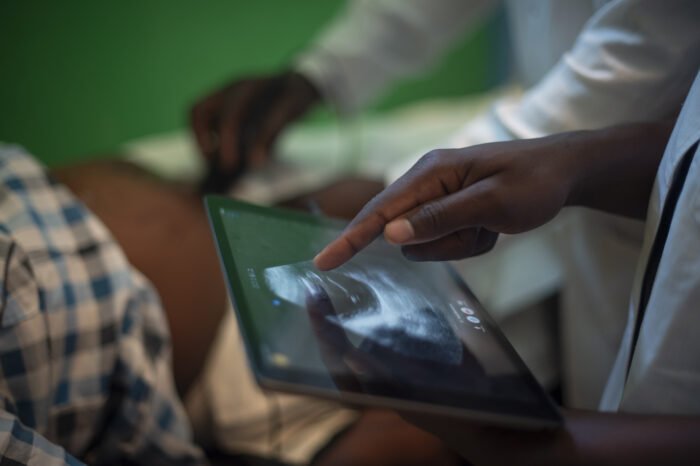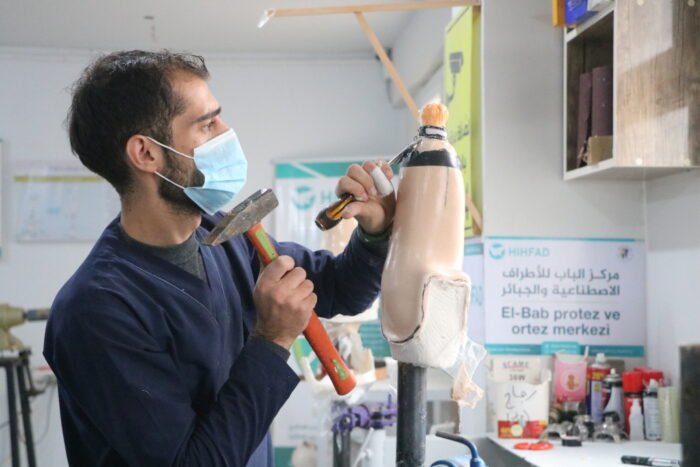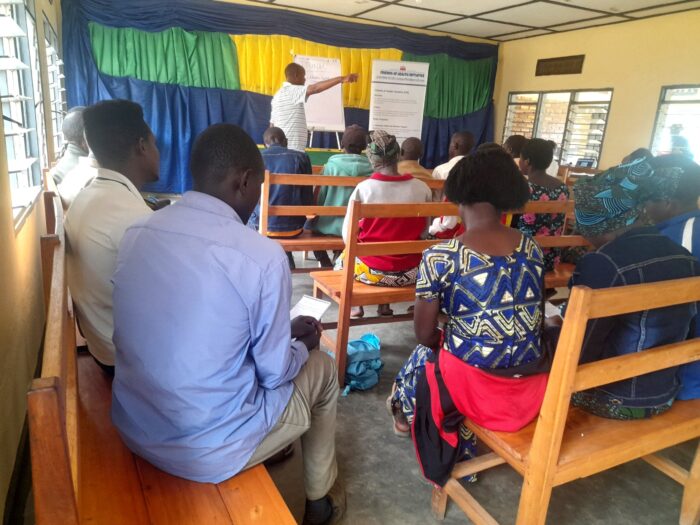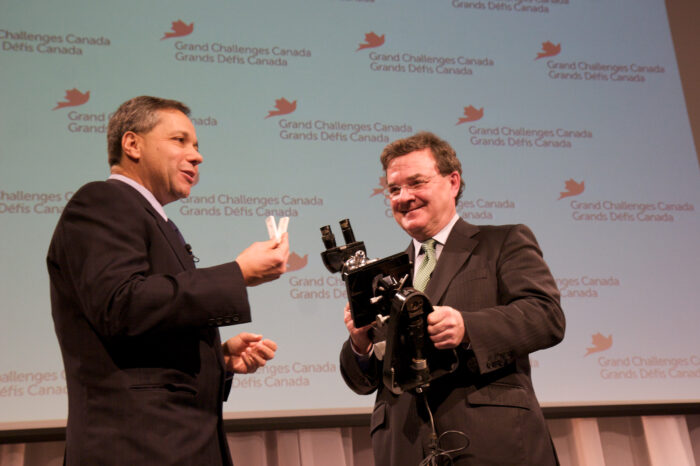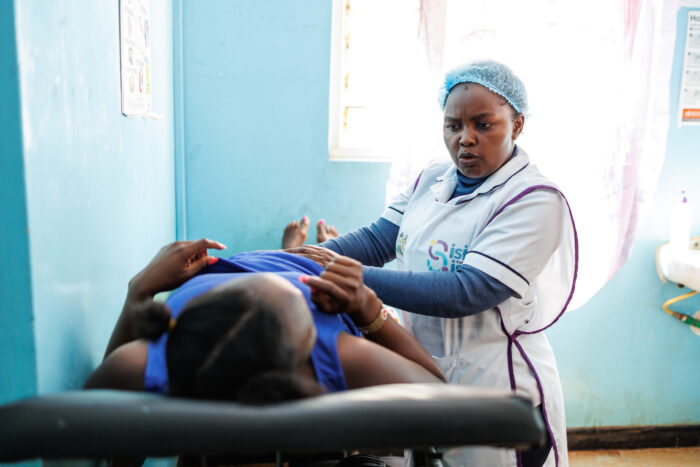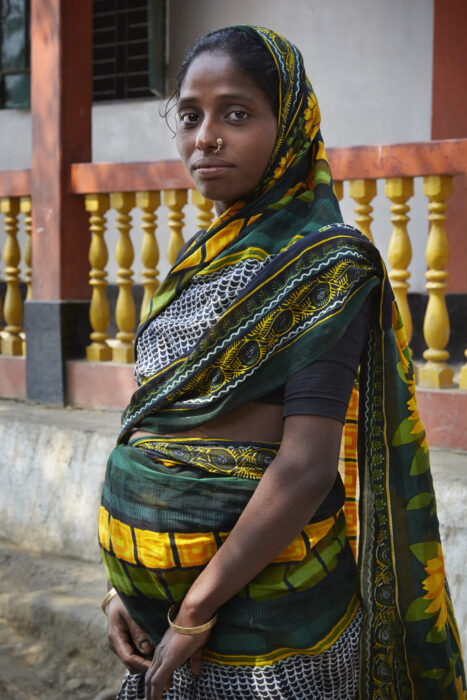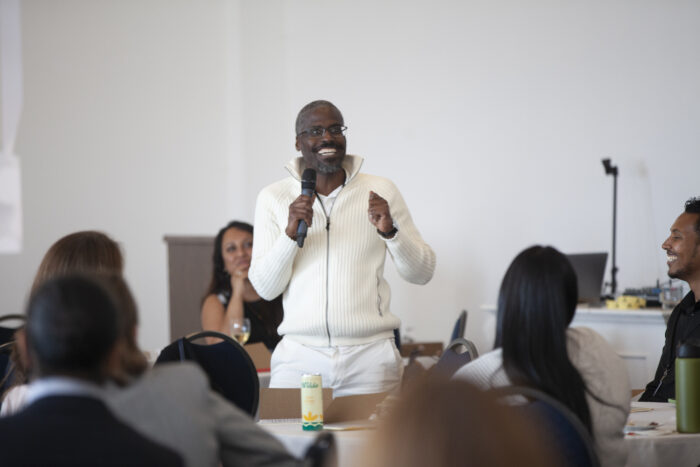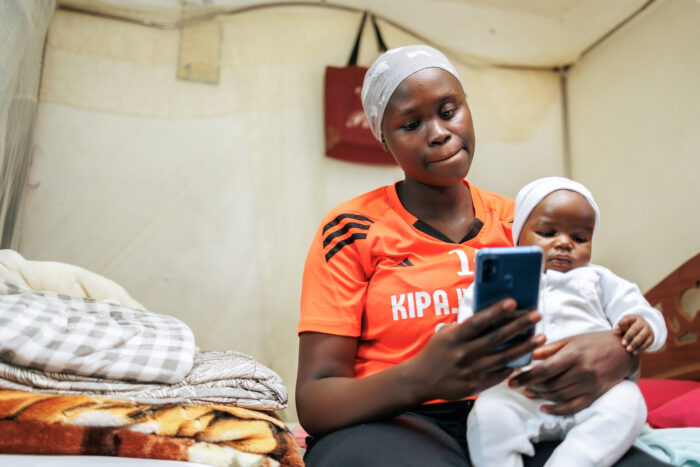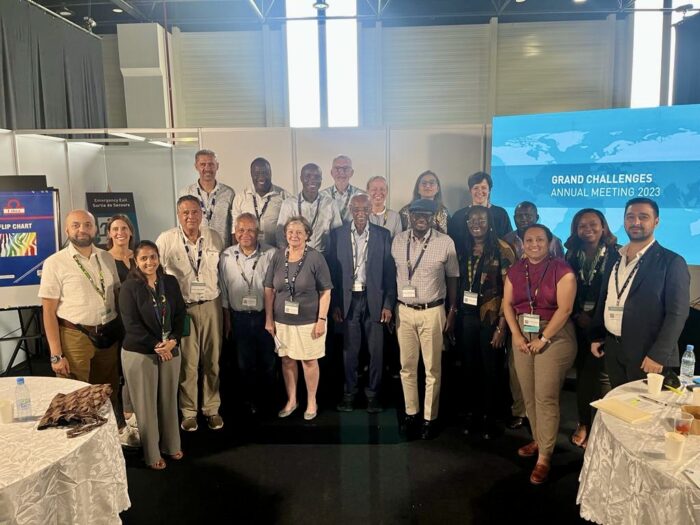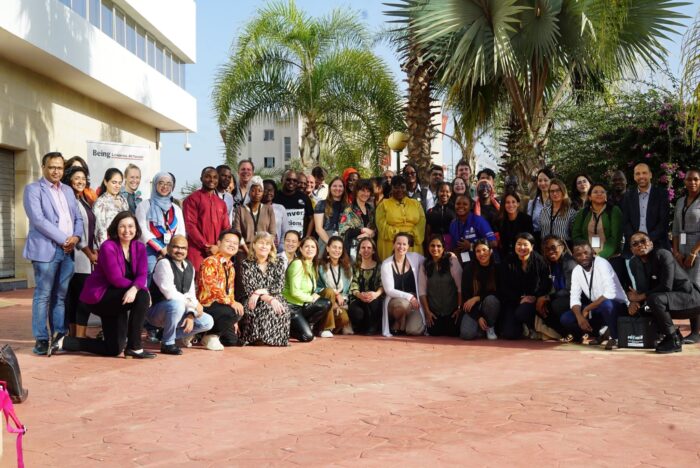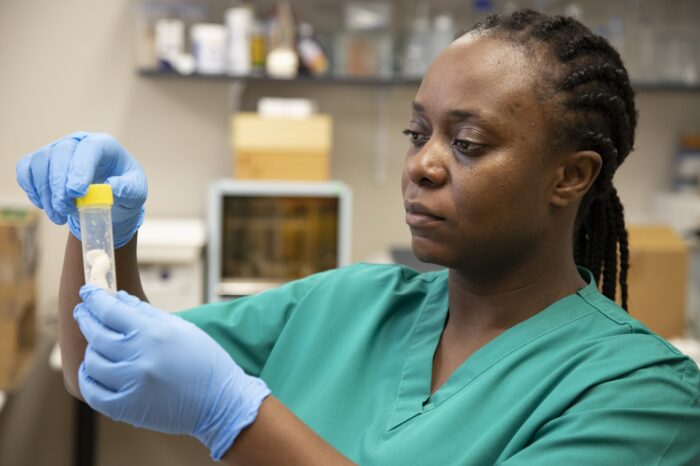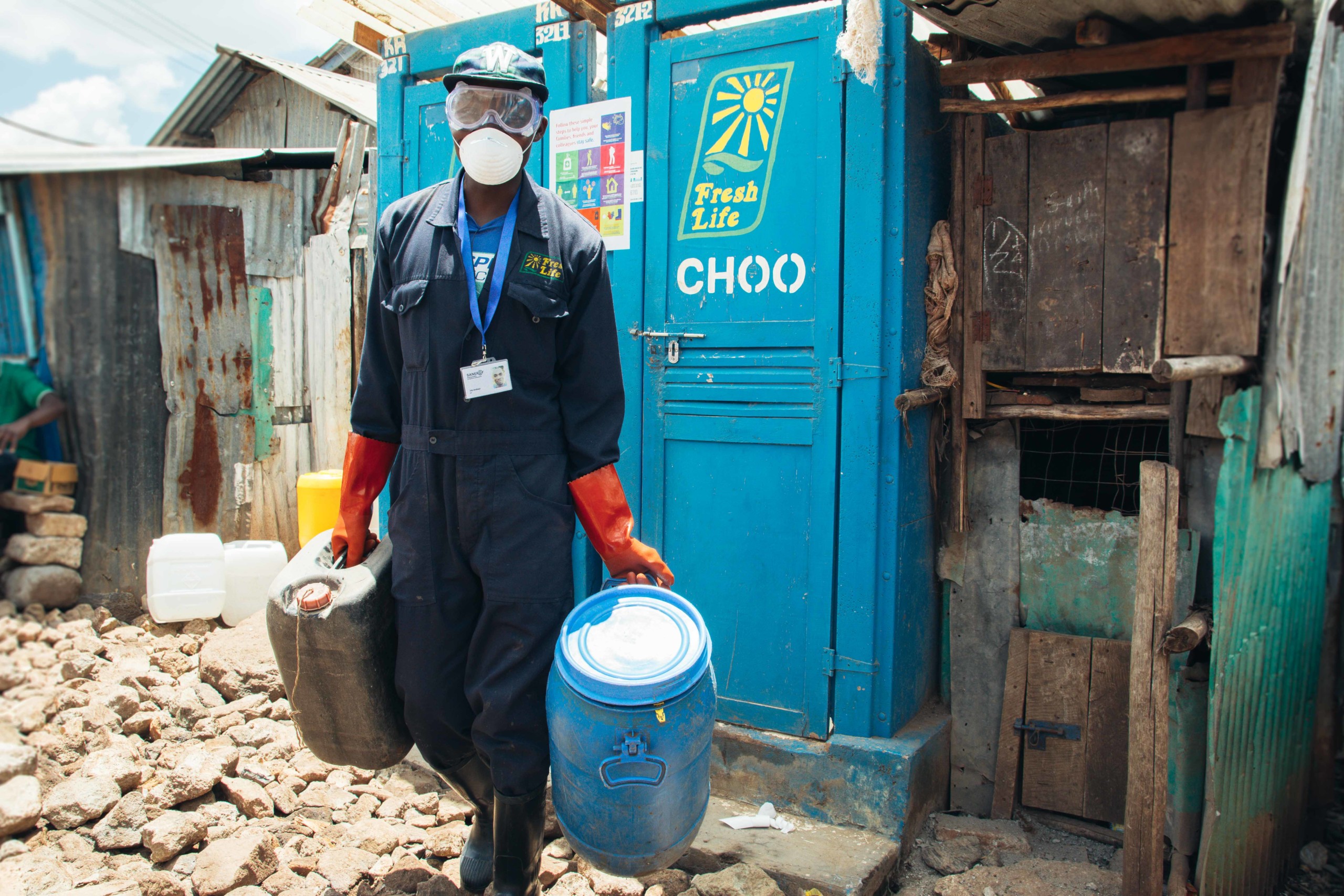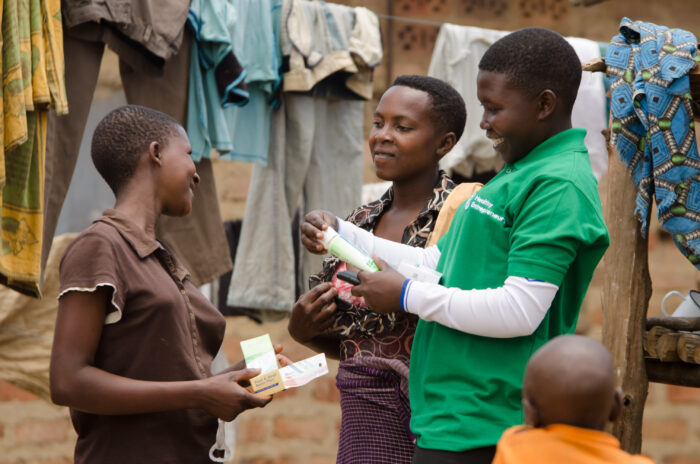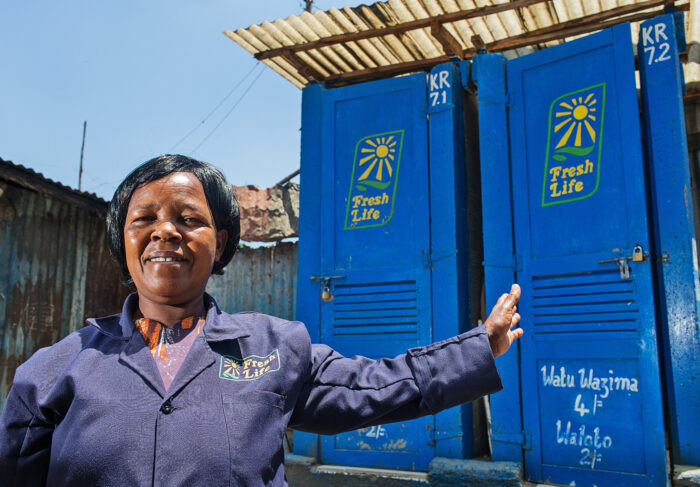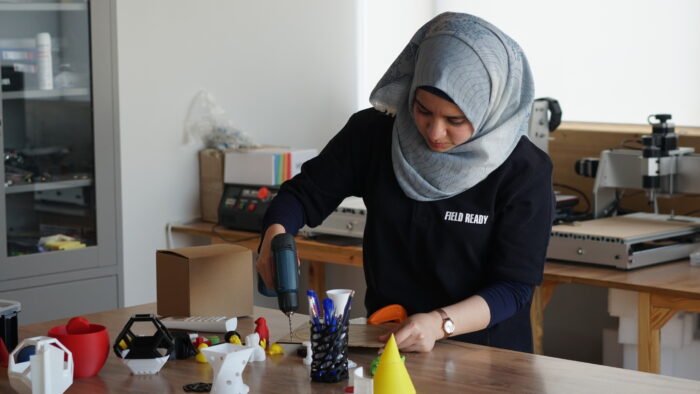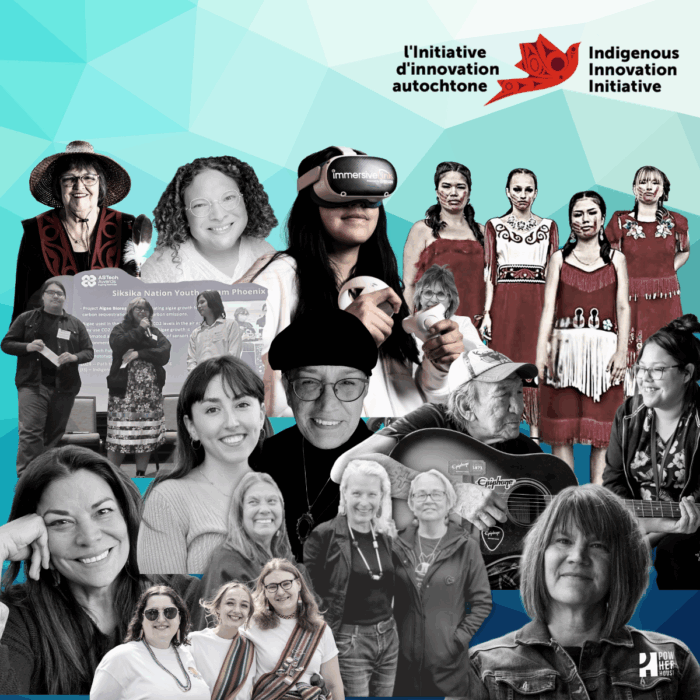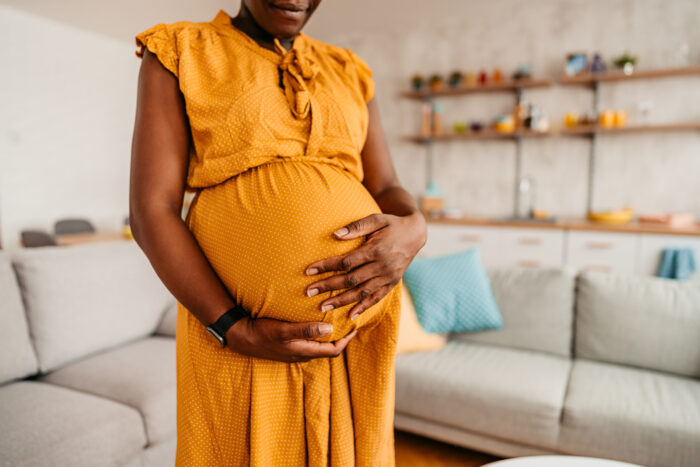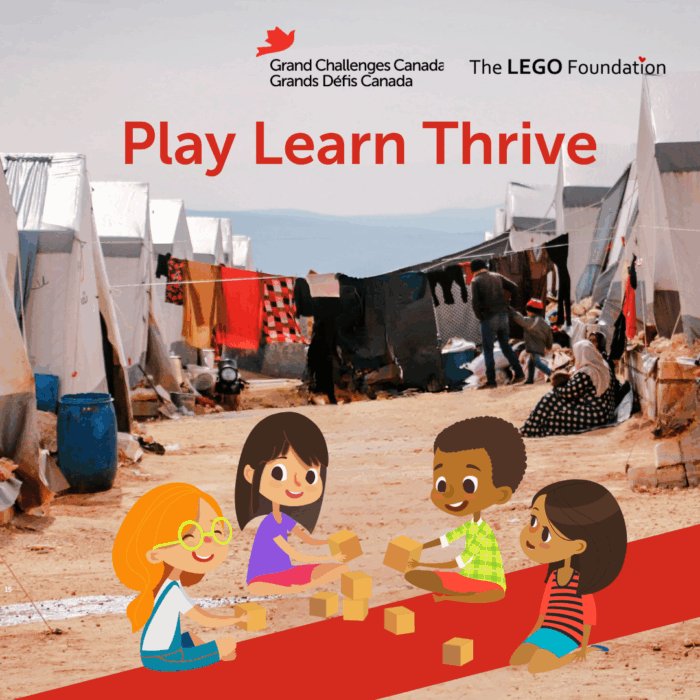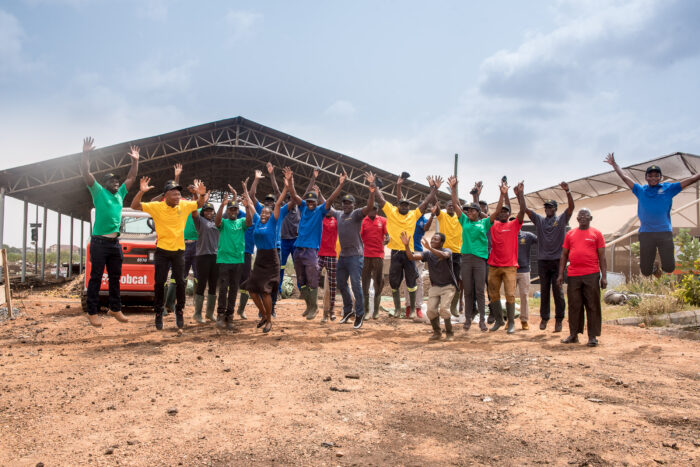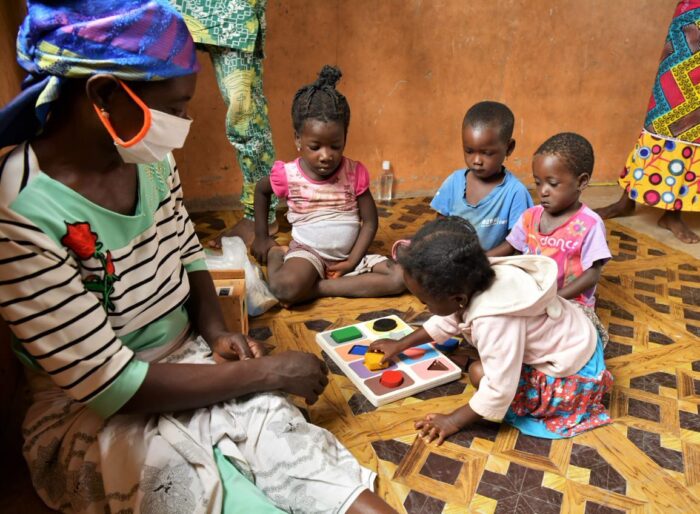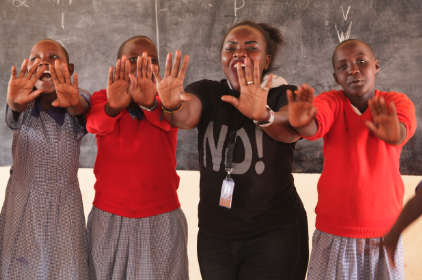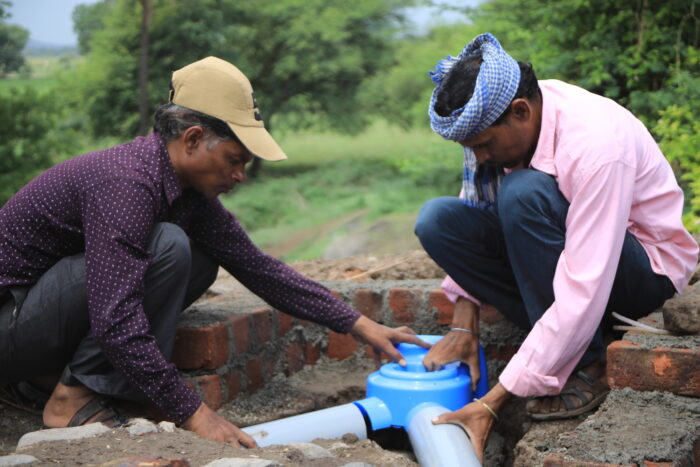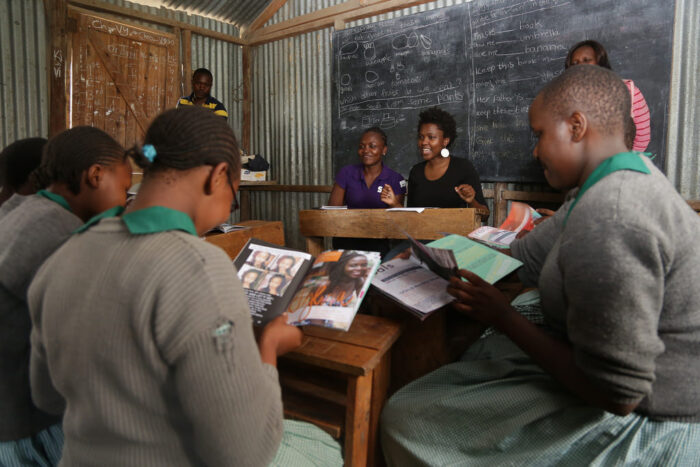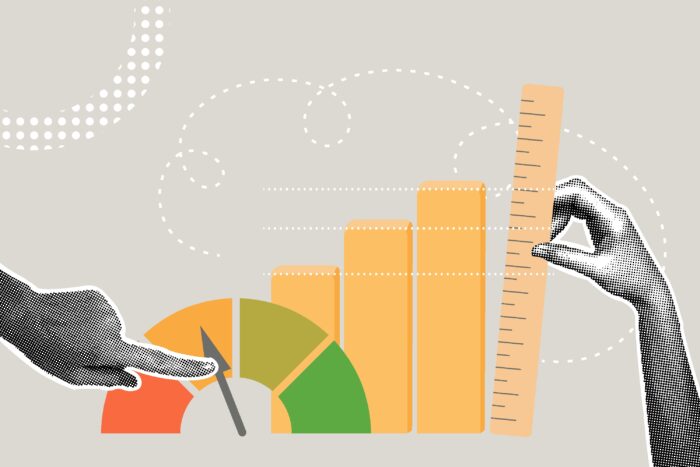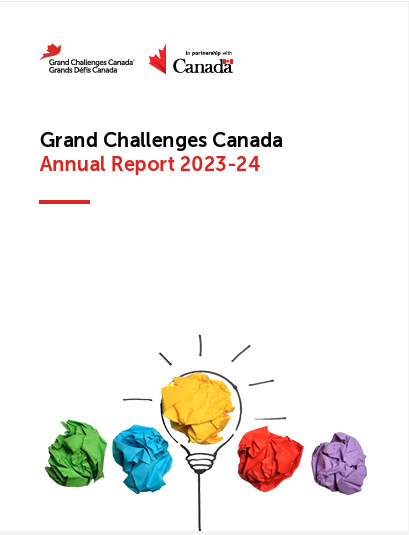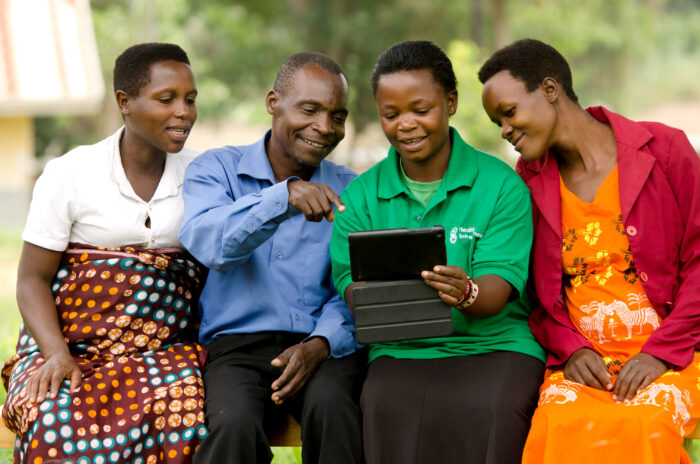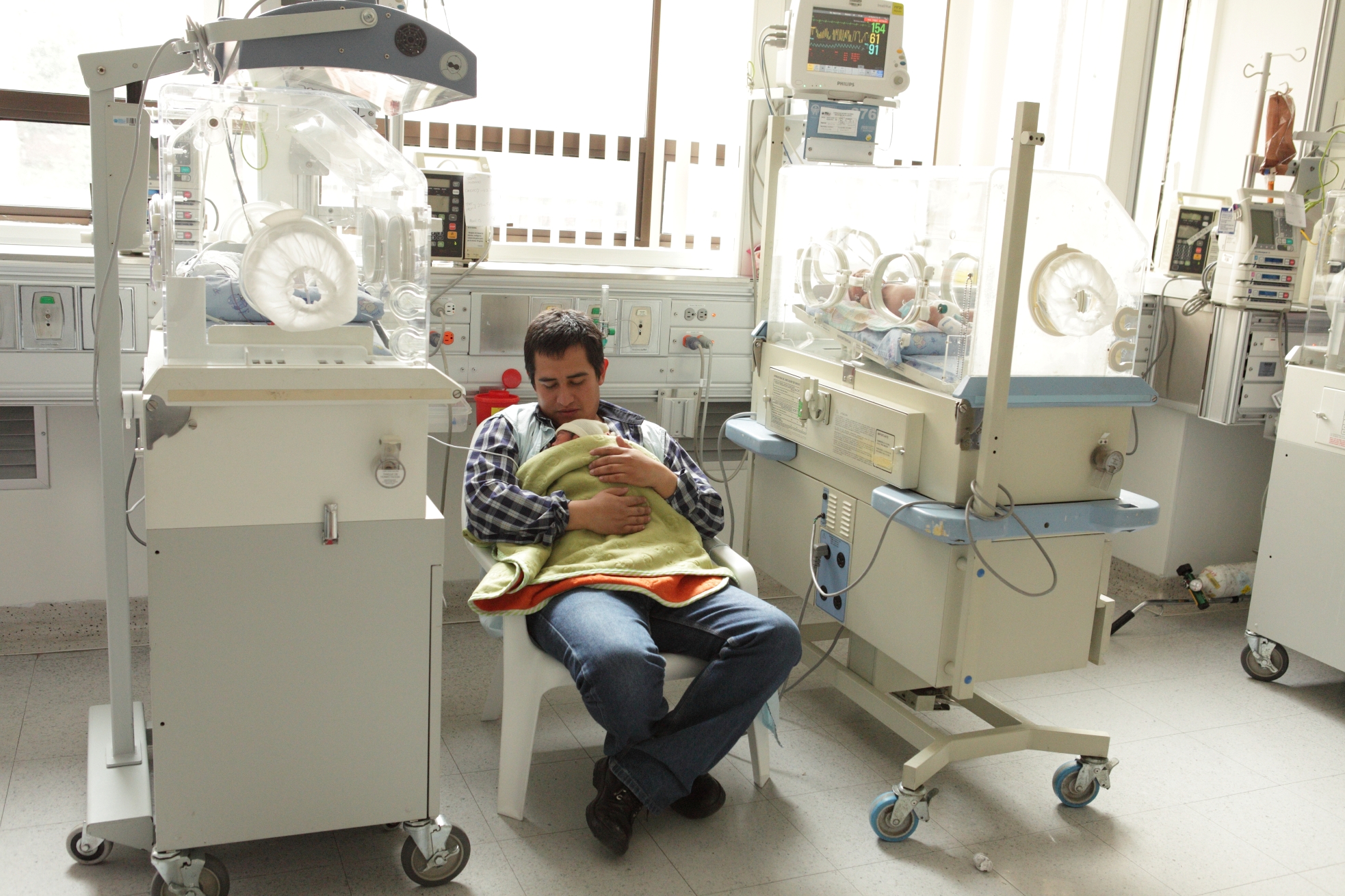On December 10, more than 600 innovators from 40 countries will gather in Ottawa for a robust exchange of ideas to address how innovation can tackle health and development challenges around the world. It is the first time this annual meeting, co-hosted by Grand Challenges Canada and the Bill & Melinda Gates Foundation, will be held in Canada.
We are excited to have the Honourable Julian Fantino, Minister of International Cooperation kickoff the meeting on Tuesday Dec. 11. The Minister is speaking about the importance of innovation in global health and the Canadian government’s commitment to Women’s and Children’s health. At Grand Challenges Canada we share that commitment and celebrate that the Canadian International Development Agency (CIDA), Canada’s International Development Research Centre (IDRC) and the Canadian Institutes of Health Research (CIHR) have partnered with us for the meeting.
Our focus is innovation in science and technology; finance and business; engaging the private sector; and social innovation. At Grand Challenges Canada we call this ‘integrated innovation’ and believe it is critical for scaling and sustaining impact.
Underlying the meeting is a boiling passion: all the participants share a deep commitment to saving and improving lives in poor countries. I share that drive to make a difference for those who have little hope of a better world. One area of particular concern for me is Women’s and Children’s Health. It is simply unacceptable that 300,000 women die during pregnancy and childbirth, and, that nearly seven million children under the age of 5 die, each year.
The cruelest irony is that most of these deaths are easily preventable. At the 2010 G8 meeting, Canada focused the world’s attention on maternal, newborn and child health through the Muskoka Initiative. Since then, Grand Challenges Canada has also focused on the issue and is already seeing results.
With our partners at the Gates Foundation, USAID, UK AID, and Norway we have supported 39 projects for Saving Lives at Birth, including the Odon device, the first innovation in assisted vaginal delivery in hundreds of years. In addition to saving children’s lives at birth, we need to make sure these children reach their full potential. This is why we also launched our Saving Brains initiative and we are honoured Mrs. Laureen Harper is its Honorary Chair.
At the Ottawa meeting this week, Colombia’s Dr. Nathalie Charpak will speak about the extraordinary progress made with Kangaroo Mother Care, the simple process of holding a premature baby to the parent’s chest. Along with her colleague, Dr. Rejean Tessier from the University of Laval, they will explain their recent findings about Kangaroo Care. We know that Kangaroo Mother care saves lives – Drs. Charpak and Tessier are showing it also saves brains, and helps children reach their full potential.
These and many other bold ideas with big impacts are the focus of our meeting this week. We are also focused on results. We know we can make a difference, through innovation, to the lives of women and children around the world. I don’t think any of us will rest until the needless deaths and wastage of human potential is reversed.
If you are interested in applying for grants in these research areas, visit Grand Challenges Canada or Grand Challenges in Global Health.
I would like to acknowledge and thank David Brook for his role as a contributing author of this piece.
I encourage you to post your questions and comments about this blog post on our Facebook page Grand Challenges Canada and on Twitter @PeterASinger @gchallenges.
